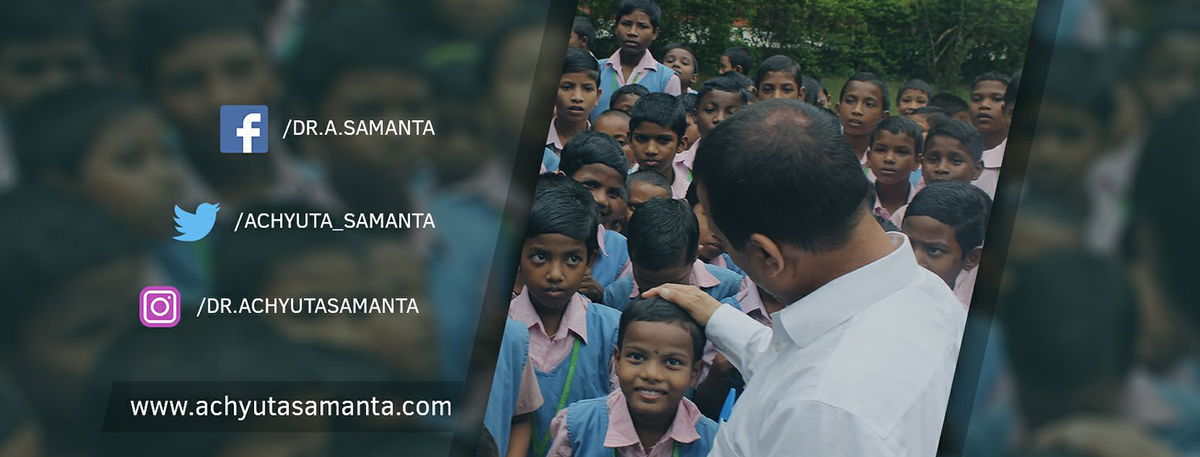Interview with India's greatest social worker: Dr. Achyuta Samanta
He is one of the biggest social entrepreneurs in the world. Meet Achyuta Samanta the founder of the KIIT University, that hosts of one of the biggest tournaments in India. Dr. Samanta's life story is one from which you can draw great inspiration. Born as a poor man who struggled for his basic needs, Samanta now ensures that 25000 children are fed every day. He works 16-18 hours each day without a break, hasn't married as he wants to devote himself entirely to the cause of the upliftment of the poor. ChessBase India caught up with him and spoke about his inspiration, his work, his vision and finally his connection to the game of chess!

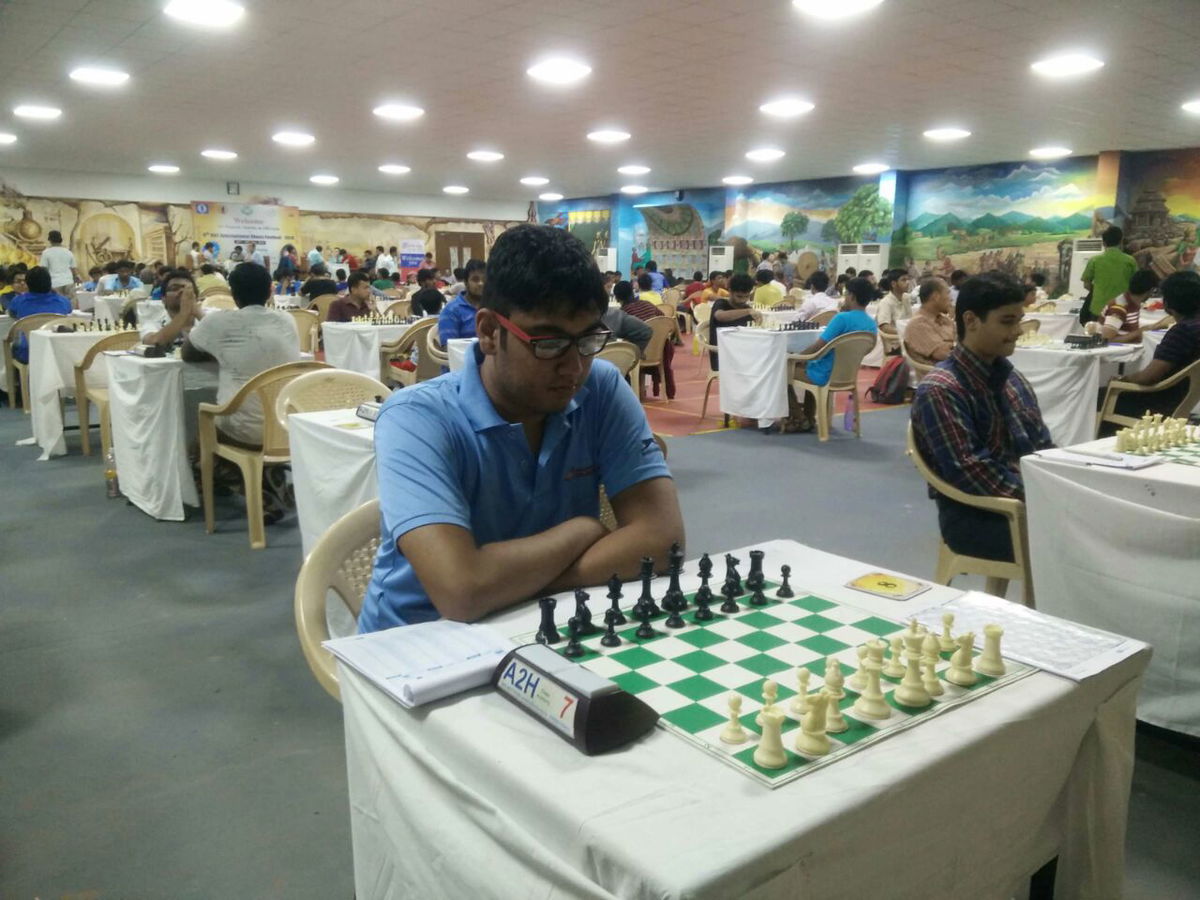
Who is the person who makes the organization of such a world class tournament possible? Of course, he is none other than the founder of KIIT - Dr. Achyuta Samanta.
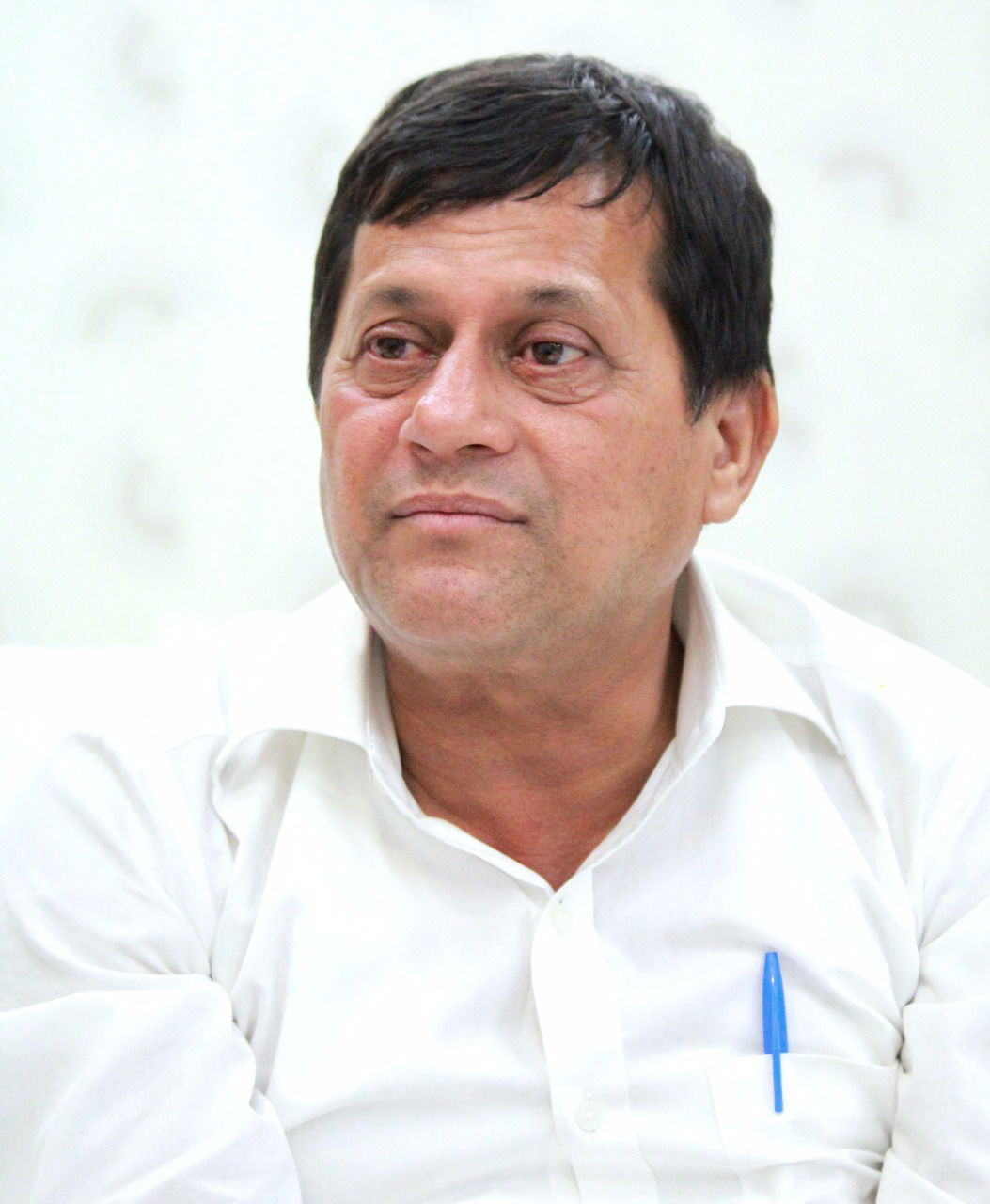
Achyuta Samanta is the founder of Kalinga Institute of Industrial Technology (KIIT); Kalinga Institute of Social Sciences (KISS), which provides free accommodation, food, healthcare, and education from class 1 to post-graduation with vocational training; KIIT International School (KIS), an International Baccalaureate affiliated school, and Kalinga Institute of Medical Sciences (KIMS), a medical college. Samanta received a number of awards, and created new records in the field of social entrepreneurship. He was mentioned among the top 15 Social Entrepreneurs of the World by the American Edge Foundation. Samanta appears in The Limca Book of Records as the youngest chancellor of any University in India.
The hunger and will power that Achyuta has for bringing about a social change in India is simply unbelievable. I had the privilege to interview him after the KIIT International tournament that was held in May 2017. Being such a popular and busy personality I expected that we would hardly have any time to speak with him. But he spoke with us with great patience and interest. Looking at him you realize that Samanta doesn't believe in dressing up for any occasion. He wears his simple white shirt and trousers and lets his actions do the talking. He works like a maniac, nearly 16-18 hours each day for the welfare of others. Has no personal property and has not married so that he can serve the society better. It is an honour for us that such a person is associated with the field of chess.
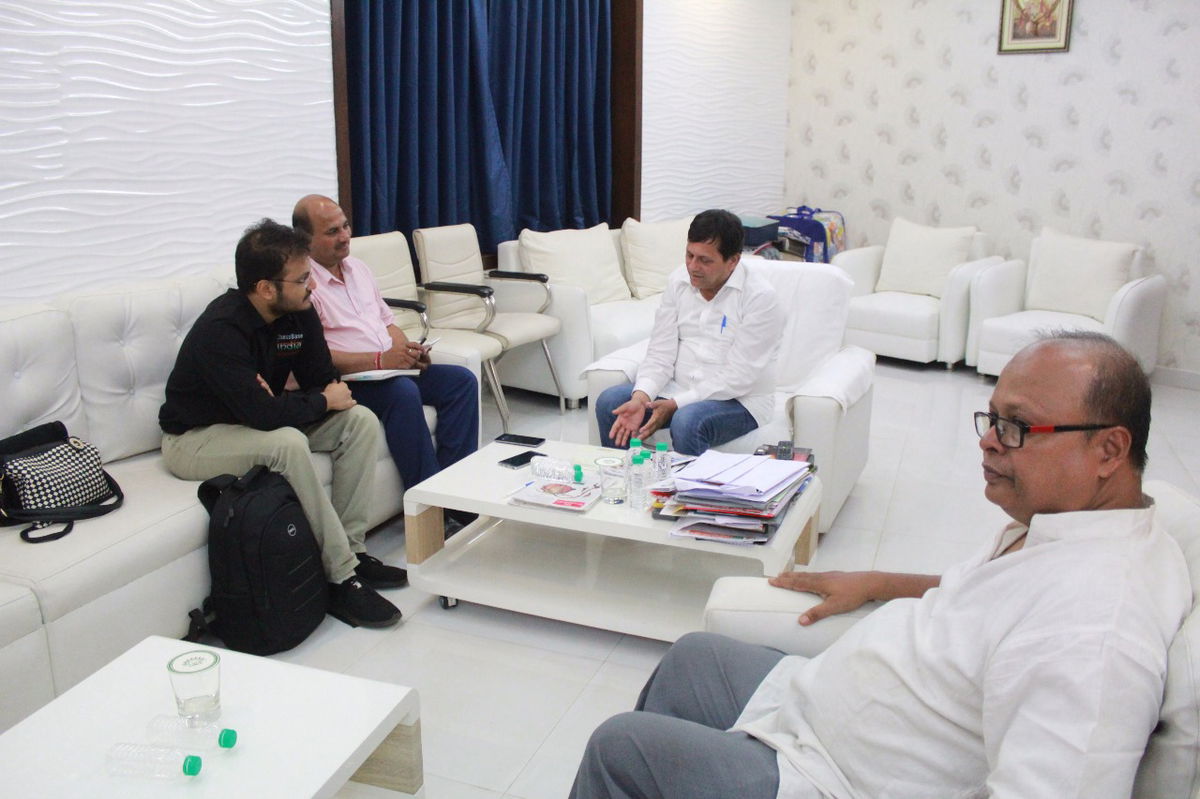
Sagar Shah (SS): The first thing I would like to ask you is, when and how did you start off setting up the Kalinga Institute?
AS: It took me a long time to build all of this up bit by bit. I was 25 or 26 when I had started. It was a time when I probably should have been thinking about my romantic life. I’ve turned 50 now. It’s been a long journey for me from stepping into social work to setting up this institute.
SS: But what made you think of stepping into the field of social work?
AS: It was because of my own personal experiences. I grew up in poverty. My father died when I was barely four or five years old. It was a difficult time for my mother taking care of the family which comprised of seven children. Even when my father was alive, we were by no means affluent. He was just a small-time worker was never able to earn much. Needless to say, he hadn’t left anything behind for us to survive on. Growing up in these conditions, I knew from an early age what poverty, hunger and depression meant. But I’d still say God has been kind to us. We were somehow able to educate ourselves and step up in life. Today, we are all standing at par with others who didn’t have to go through all that we suffered. I and all my siblings are well off today.
Having educated myself, I was working as a lecturer of chemistry at a college in Bhubaneswar when I thought I should step into social work. Since my college days, I wanted to do something for the poor in the society and I felt this was the right time. I started with a meager amount of five thousand rupees. But by God’s grace, I achieved a lot in a very short period of time.
SS: And what is your vision with all of what you’ve made?
AS: My vision is very clear. I want to eradicate poverty by the means of providing quality education.
SS: You’ve struggled a lot to achieve what you have achieved and have overcome a lot of hardships. Could you tell us a bit about your journey?
AS: Whatever I’ve achieved so far is all by the grace of God. This is because it was simply not within my capacity to do the kind of work I’ve done given the social and financial background I have come from. Some people have even said to me that they feel it is beyond the capability of any individual person to do something of this magnitude. It is true that I have had to struggle a lot and work really hard to get to this level today. It’s been a long and hard journey which started when I was just five years old. Forty five years have passed by. Until the age of twenty-five, I was struggling to provide food for my own self. In the next twenty-five years too, I’ve been struggling to provide food. But this time, for others. I believe, this would simply not have been possible without divine intervention. I have merely been a medium; it was actually the almighty who did this through me.
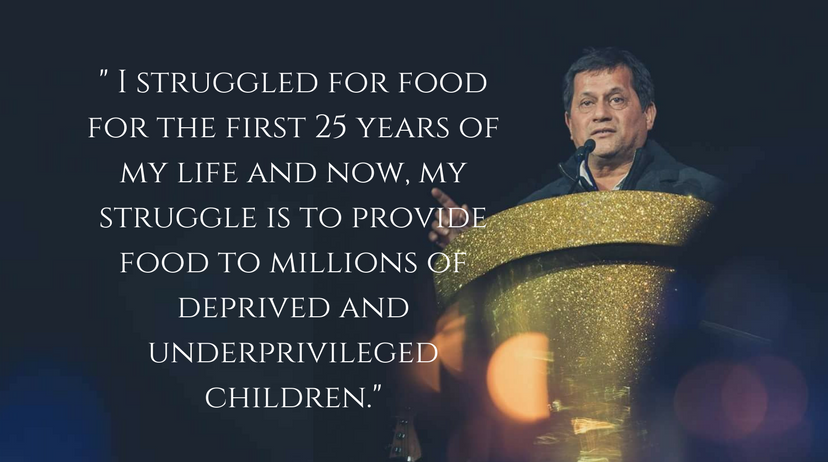
SS: When you were starting out, didn’t you ever feel alone? Didn’t you feel why you were doing it all by yourself when no one else was helping you?
AS: No, I never thought about all that. I just kept doing what I was doing and I ended up here. That’s my secret. I’d never thought that I’d reach such heights when I started off in a small rented office. It was while working and taking things as they came that twenty-five years passed by, without me even realizing it. And I feel, God has granted me tremendous vigour to work. Sometimes, even I get surprised myself. Today, KISS (Kalinga Institute of Social Sciences) is about to set up its branches in twenty districts of Orissa. I’ve been working hard to get that done. I’ve started collecting donations for the same. And I am extremely happy to tell you today that within six months, I have been able to find sponsors for ten out of the twenty branches we plan to set up in Orissa. And we need at least 200 million rupees for the infrastructure of just one KISS branch. And what do I have? I neither have power nor position. Even the government isn’t able to get this kind of sponsorship. And it must be understood that it is easier to run fifty public schools than running schools for poor children. We are the ones responsible for the well-being of these kids. If anything happens to anyone, nobody will spare us. It’s not so easy. That is why I give all credit to the almighty. How wonderfully he’s making things work. Every day at least 100,000 meals are served!
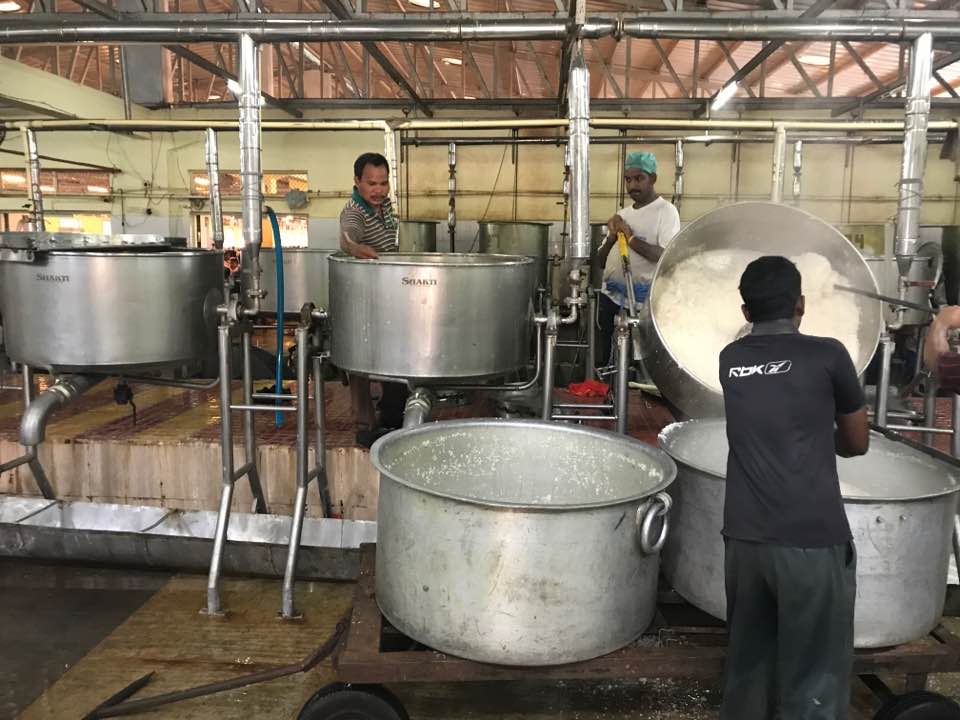
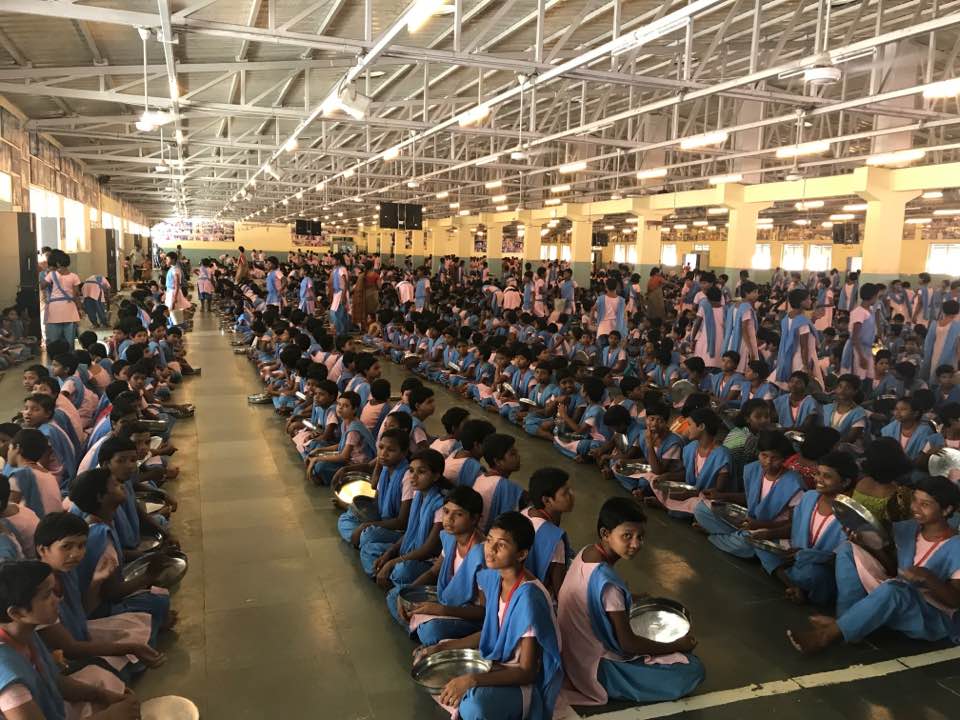
SS: Dedicating yourself to the field of social work, you haven’t even married. Didn’t you ever feel the need to have someone by your side as your wife?
AS: I have been working so hard that I never had the time to think about all this. I’ve been working around 17-18 hours every day for the last twenty-five years without taking a single day’s break for pleasure or anything else. And God has been so kind to me that he has not left me bed-ridden suffering from even cold or fever even for a day. I do have diabetes, but nobody can tell that I suffer from it. That is why, since the last twenty five years, I did not have time even for an hour to think about anything other than work.
SS: How long do you sleep every night?
AS: Ideally, I should be sleeping for 7-8 hours. But given the work I have at hand, I can only sleep for around 5-6.
SS: So don’t you have any hobbies?
AS: By now, I have none remaining. But I do read newspaper if you consider that a hobby. When I was younger, I liked watching movies a lot. When I was a student, I would go to watch the night show at movie theatre without fail. Even after I started with KIIT, when the institute wasn’t as big, I used to watch a movie when I had time. But since the last ten or fifteen years, I simply haven’t had time.
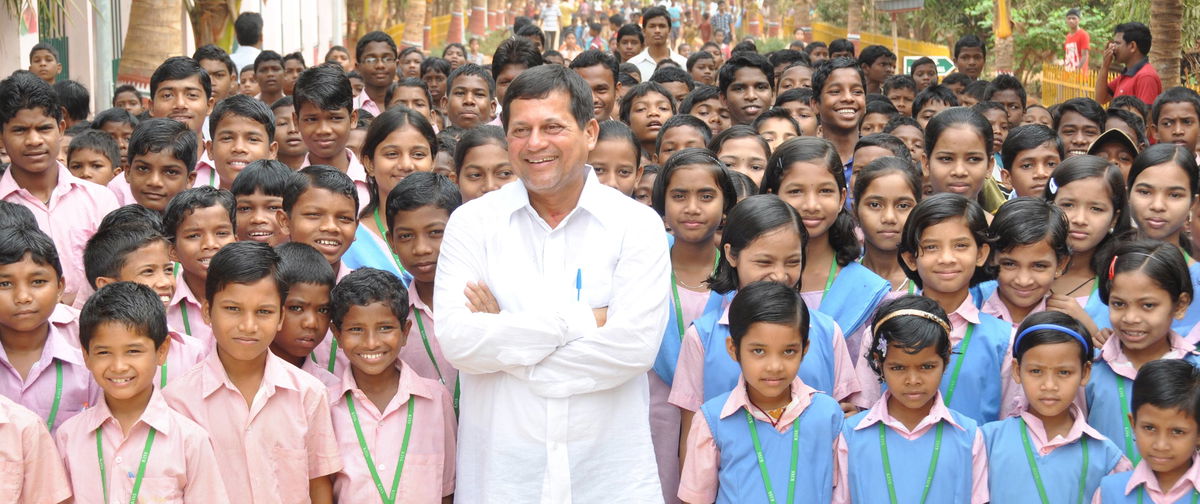
SS: You work 17-18 hours a day. Was this something you always wanted? Is it something you like doing? Because now you can’t even reverse what you’ve made for yourself.
AS: I like what I do which is why I am doing it. Otherwise, even if I sit talking to you all day here, nobody can stop me or ask me to get back to work.
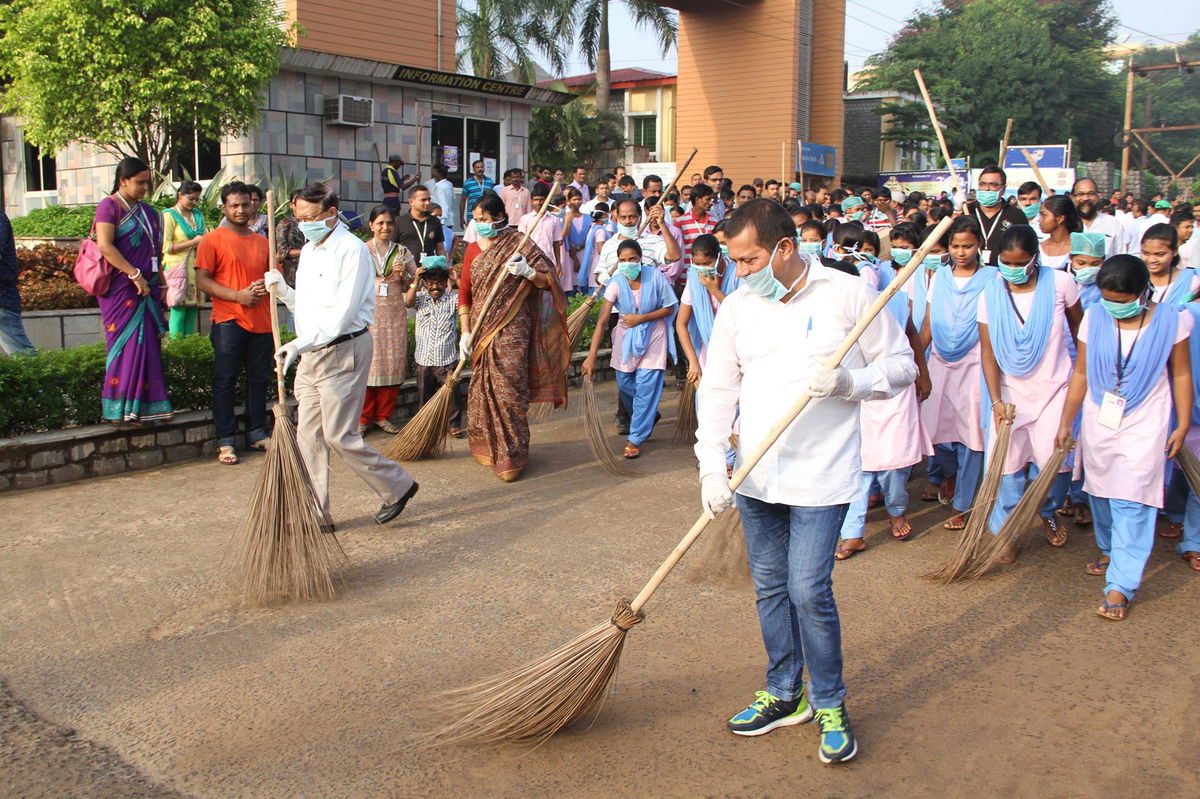
SS: And what is your opinion on the game of chess? In what ways are you associated with the game and how do you like the game per se?
AS: I definitely like it a lot. That is the reason I have been promoting it for the last 12 to 13 years. I think chess is a wonderful game. The best thing about it is that it requires the player to have a sharp mind. I think every child should learn the game and start playing from an early age as it will surely help him/her in one way or another.
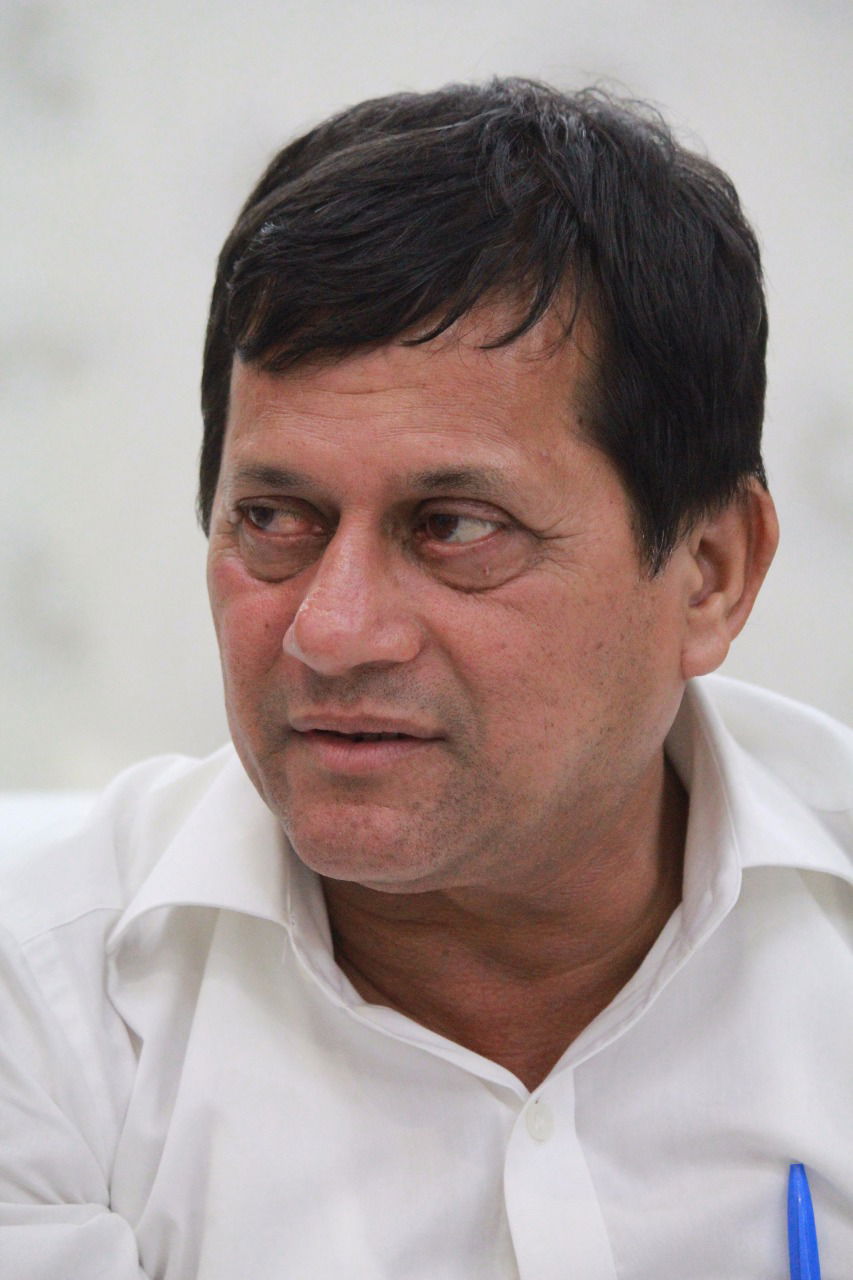
SS: Have you ever played chess yourself?
AS: Sagar, I was born and brought up as a beggar. I never had such opportunities. Yes, I did play sports like cricket and football. That was because these were the sports that were popular in my village. There was absolutely no awareness about chess, back in the days. I wasn’t as fortunate to have a guide like Mr. Sekhar Sahu [smiling towards Sekhar Sahu, who was sitting right besides him]. All I played was cricket, football, a bit of volleyball and kabaddi. And even when I played these sports I didn’t have any gear as such. We’d just find hacks like using long sticks for bats and wickets and so on.
AK Verma: Coming from a very poor background, you’ve reached great heights in the field of teaching. You’re also the founder of the world’s biggest free-of-cost tribal educational institute. Does that make you believe in this analogy that like a pawn gets to become a queen in the game of chess, something similar happens in life?
AS: (laughs) When I had started, I had never thought about where I would end up. I didn’t even have a background in the field of social work. I’ve just kept working because this is what I wanted to do and have happened to end up achieving all of this. I neither had any financial backing when I started, nor did I have any contacts. But I worked, because I knew I would get the love and blessings of all of those poor and needy people I was helping. I never had it in mind to become a queen or a king. Even today, I don’t think like that.
AKV: In future, be able to witness a world class chess tournament at KIIT?
AS: Of course, why not! We’ll keep supporting the cause of chess as best as we can. That being said, we would also need support from people like you and Mr. Sekhar Sahu. And it’s not because of a greed for money, recognition or anything that we are organizing these events. By God’s grace, KIIT has a huge visibility and recognition worldwide. We’ve neither done anything for the sake of making money so far, nor will we be doing it in the future. Rather, since the last decade or so, we’ve been spending a lot towards organizing chess tournaments, providing accommodation for the players and so forth. We’re doing this because we know it’s for a good cause.
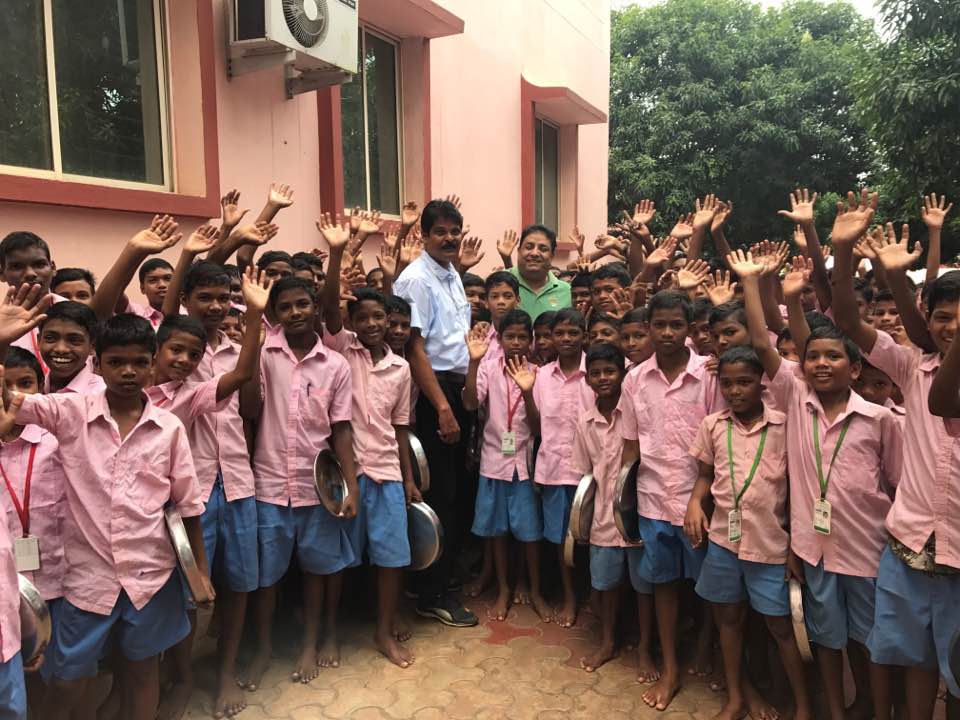
AKV: What do you think sets your tournament apart from all these other events that are conducted around the country?
AS: First of all, I’d like to thank all the participants of the KIIT chess tournament for making it such a huge success. I’m sure the tournaments that are conducted in other cities also have their own charm. But what sets us apart is that we do what we do with lots of love. Whatever we do here, we do it with love. That, I think, is why we are able to conduct an event of such high standard. It’s not a question of providing air-conditioned accommodation or good transport facilities or food. Everything else can be arranged, but not love.
AKV: In your opinion, what is the responsibility of a successful person or a sportsman towards the society?
AS: I think putting the interests of the society before your own is a very big thing. The problem today is that everyone – be it sportspersons, politicians or bureaucrats – is busy satiating their own interests. I am not saying it is a bad thing. One should also think of their own needs and interests. But at the same time, one should also compromise a bit and work towards the betterment of the society as well. It’s only then that we would be able to build a better nation.
SS: If you were to give a message to the youth of the country what would that message be?
AS: We all know that it’s the youth who hold the potential of transforming nations within them. It is therefore essential that the youth should be good to themselves. It is only after they are good to themselves that they can do good for others.
SS: Could you elaborate a little upon what you mean by being good to oneself?
AS: When I say one should be good, I mean one should be constructive, positive and helping. One can only give to others if they themselves possess these qualities. And more importantly, it’s only if the youth possess these qualities that they would be willing to work for the people. And after all, if one isn’t a good person for themselves, how would they be any good to the society? Therefore, one must develop good qualities within themselves first.
Amruta Mokal: And the qualities you say must be developed within oneself to be good are quite difficult to cultivate in children. So how do you suggest doing that?
AS: It has to be done in childhood itself. Later, it is difficult to make people cultivate good qualities. From my own experience, whatever I have learned in my childhood has remained ingrained in me. It was exactly this learning that helped me become a better person in life. When I was a kid, I was poor. Sometimes, I didn’t have enough food for my own self. I used to work hard to earn money to sustain. But even out of that earning, I would pay for the meals of four of my friends. I used to earn one rupee per day and at the end of the day all of us would go and eat something we call Piaji in Oriya. Generally kids in villages steal fruits from someone’s tree. Of course, it’s a guileless deed. But if it becomes a habit, it develops into something more serious when the child grows up. When I was a child, I did not steal mangoes from someone else’s tree. That is why, today, I don’t steal from the funds of KIIT.
